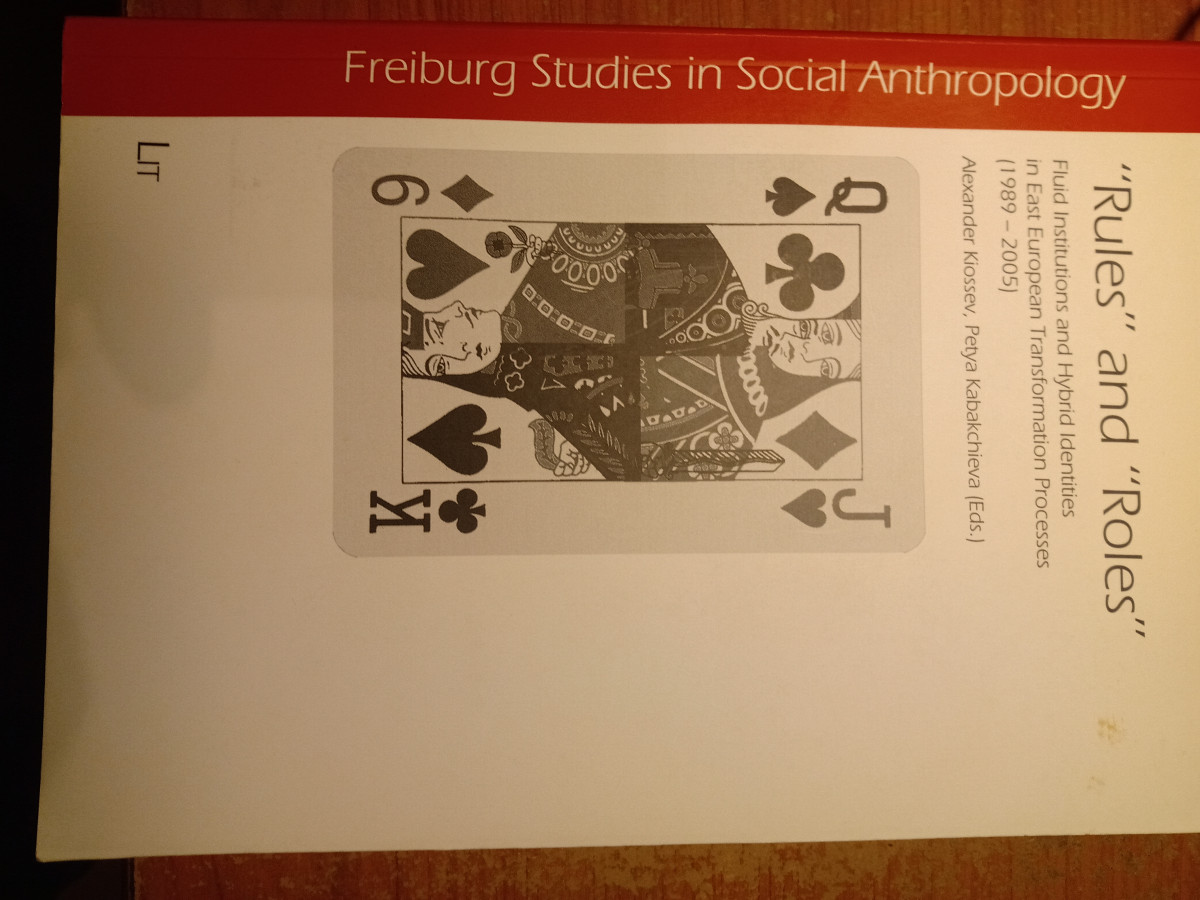

Most ebook files are in PDF format, so you can easily read them using various software such as Foxit Reader or directly on the Google Chrome browser.
Some ebook files are released by publishers in other formats such as .awz, .mobi, .epub, .fb2, etc. You may need to install specific software to read these formats on mobile/PC, such as Calibre.
Please read the tutorial at this link: https://ebookbell.com/faq
We offer FREE conversion to the popular formats you request; however, this may take some time. Therefore, right after payment, please email us, and we will try to provide the service as quickly as possible.
For some exceptional file formats or broken links (if any), please refrain from opening any disputes. Instead, email us first, and we will try to assist within a maximum of 6 hours.
EbookBell Team

0.0
0 reviewsThis volume features texts by authors from Romania, Slovenia, Serbia and Bulgaria.It was conceived as a clarification of the Southeast European transitionfrom the perspective of the changes in various institutions (the army, the judicial system, the institutions of collective memory, etc.) and the impact of these institutionalchanges on the roles and identities of the social actors caught up in them. Since the heightened interest in Eastern Europe and institutional cultures in the period of transition has produced a number of important publications in the last eighteen years (Offe 2004; Elster, Offe and Preuss 2000; Grabner, Gernot and Stark 1997; Stark and Bruszt 1998; Giordano and Conte 1999; Goldschmidt and Zweynert 2006; Možný 2003, to name but a few), we will try to demonstrate what is specific about our approach. The successes and failures in applying the neo-liberal institutional models, which appeared to have no alternative after the collapse of communism, gave rise to different explanatory schemes positedat different levels: political, sociological, anthropological or cultural.